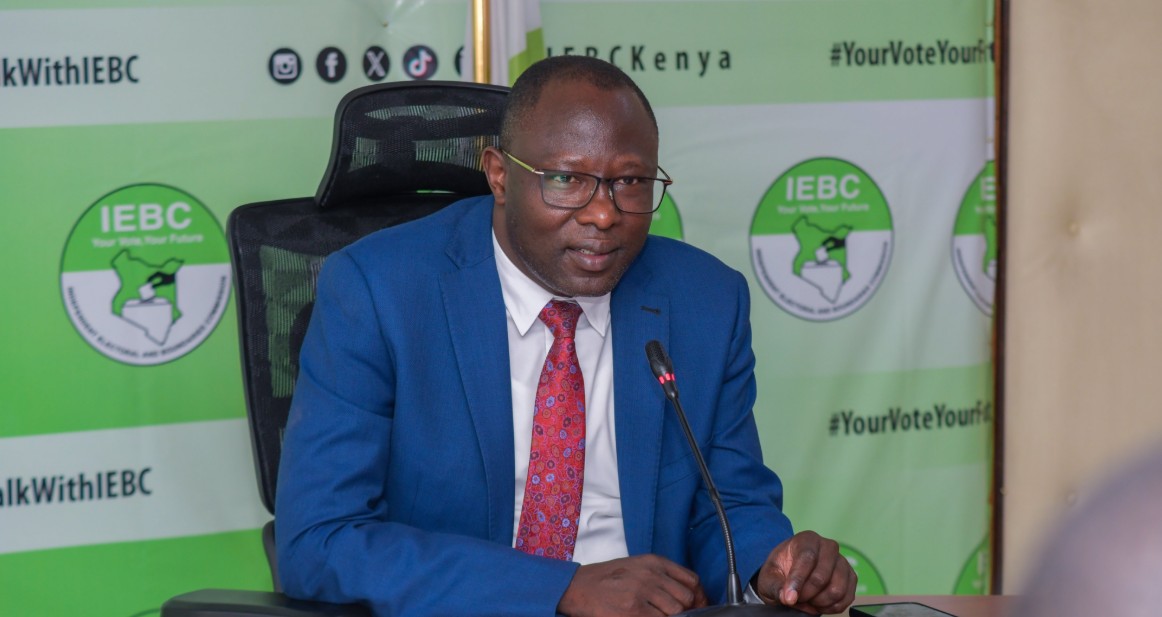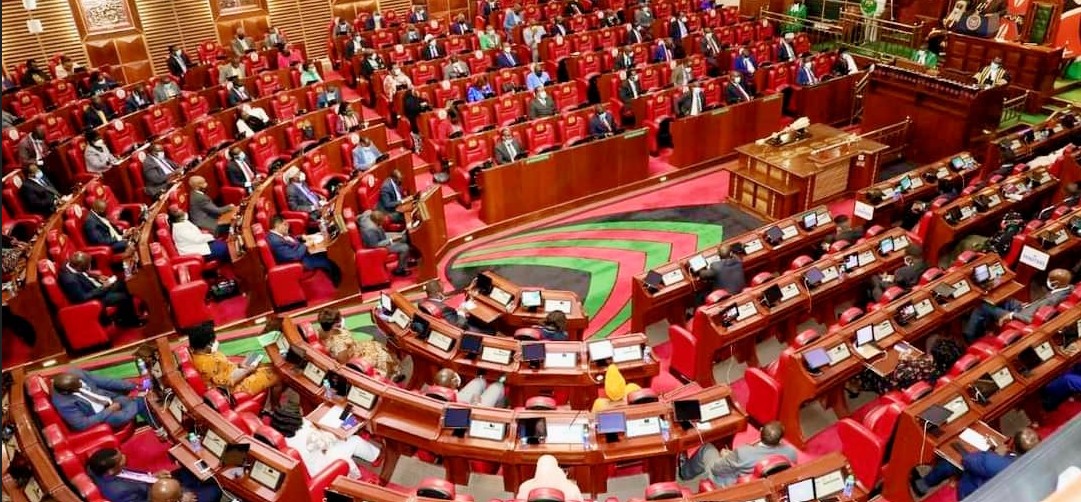Explainer: What new Public Benefit Organisations Act set to take effect Tuesday entails

The new law promises a significant overhaul, providing a comprehensive and transparent framework for the registration and regulation of civil society entities operating within Kenya.
Interior Cabinet Secretary Kithure Kindiki has announced today that after 11 years of dormancy, the Public Benefits Organisations (PBO) Act, initially enacted in 2013, is set to take effect Tuesday, May 14, 2024.
The new law promises a significant overhaul, providing a comprehensive and transparent framework for the registration and regulation of civil society entities operating within Kenya.
More To Read
- Activist sues EACC, DPP, KICC boss over alleged illegal arrest and detention
- Kenya Kwanza under fire: Civil groups decry killings, graft and constitutional violations
- IGAD launches new guide to boost media and civil society efforts in combating extremism
- Coast civil society groups demand inclusive dialogue to calm unrest
- State proposes new PBO Act rules for civil society operations
- A legacy of leadership: Prof Kivutha Kibwana’s journey of service and dedication
"The Act expedites their registration process, reduces chances of whimsical administrative discretion in the registration of PBOs, closes all windows for arbitrariness and offers a litany of tax and other benefits for registered PBOs," Kindiki said.
The long-awaited implementation of the Act marks a milestone for Kenya's civil society sector, offering streamlined procedures and tangible benefits for registered organisations.
"We are gratified to see the fulfilment of yet another of the Kenya Kwanza Administration's pre-election manifesto pledges; namely, the promotion of inclusive and participatory governance, fostering accountability and welcoming alternative or even critical viewpoints," the CS added.
Once the Act takes effect, civil society organisations can anticipate a more conducive regulatory environment, facilitating their vital contributions to Kenya's social and developmental landscape.
This follows the announcement of the operationalisation of the Public Benefits Organisation (PBO) Act during the closing ceremony of the United Nations Civil Society Conference held in Nairobi on Friday by President Ruto, ending a wait of over a decade that had left the legislation in a state of legal uncertainty.
He highlighted the resolution of longstanding bureaucratic challenges that had previously plagued civil society organisations in Kenya adding that they have now consolidated the operations of civil society into one predictable legal regime.
The Public Benefits Organisations (PBO) Act was originally signed into law by President Mwai Kibaki in 2013.
Regulation
The piece of legislation was designed to regulate and support the operations of non-governmental Organisations (NGOs) and other civil society organizations in Kenya.
The Act was intended to provide a comprehensive and harmonious legal framework for these Organisations, replacing the Non-Governmental Organisations Coordination Act of 1990 which had previously governed the sector.
The Act also called for the creation of a regulatory authority tasked with overseeing the registration, regulation, and coordination of PBOs.
This body was envisioned as a one-stop shop that would streamline interactions between the government and civil society organisations, removing bureaucratic hurdles and making it easier for PBOs to operate.
It also stressed the importance of transparency and accountability, requiring PBOs to submit regular reports on their activities and finances. These provisions were intended to build public trust in NGOs and ensure that funds were used appropriately and effectively.
According to Mr Irungu Houghton, Executive Director of Amnesty International, Kenya's civil society sector, renowned for its vibrancy in Eastern Africa, eagerly anticipates the operationalisation of the Act.
"Despite a decade of non-implementation, the PBO Act remains best practice legislation for an enabling legal, regulatory and institutional environment for PBOs," Houghton said.
He added the Act not only fosters cooperation between government entities, development partners, and the public but also establishes mechanisms for independent regulation and redress of public grievances.
The Act, conceived after four years of state-NGO consultations, also aims to provide a unified framework for the diverse range of civic organisations operating in the country. It sets forth standards for public disclosure, accountability, and transparency, aligning with constitutional provisions.
Top Stories Today












































